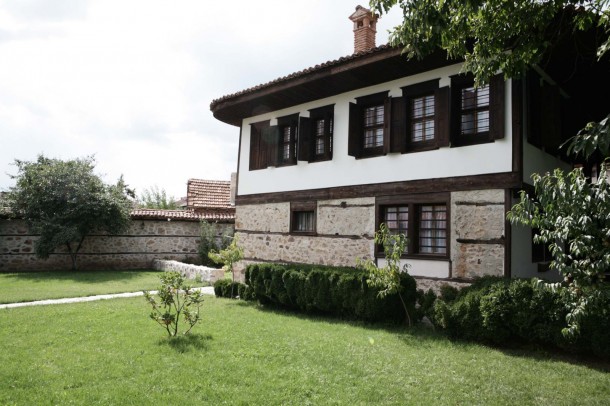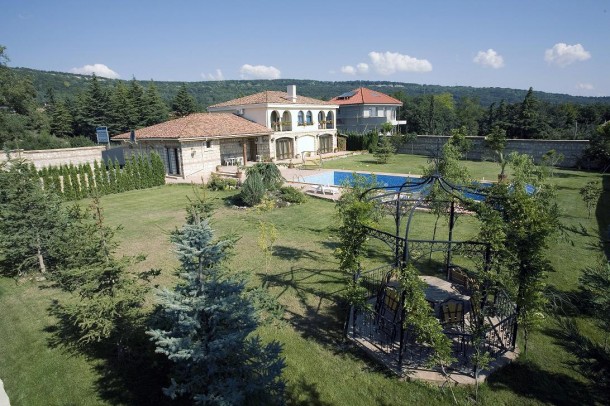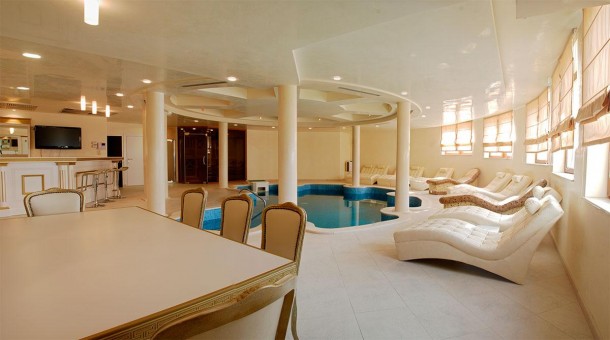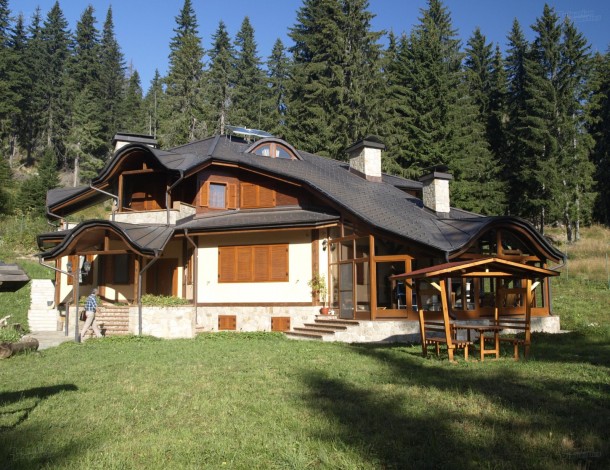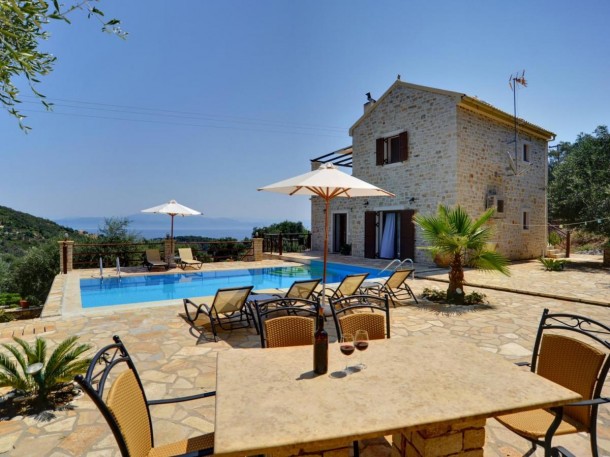Security, Crime and the Police in Bulgaria
- on 03.07.14
- Bulgarian properties articles
- Comments Off on Security, Crime and the Police in Bulgaria
Crime levels in Bulgaria are very low, which is a major attraction for people visiting and moving to Bulgaria. In many rural areas in Bulgaria the crime rate is practically zero. There is no ‘yob culture’ problem as encountered in Britain. Crimes against the person are rare, and women should feel safe travelling alone, though it is sensible to take precautions similar to those you would take elsewhere.
Organised crime and the Mafia create a bigger problem, and the Bulgarian government has taken steps to try to address it. Fortunately people involved in this activity are generally easily identified and avoided. They dress in suits and their henchmen tend to be large ex-wrestler types; they often drive large 4×4 vehicles (often German models, and black), and tend to frequent regular venues, so you should pretty quickly get to know the places to avoid. Walk away from any encounter with such people who operate outside the law.
Pickpockets can be a problem, too, particularly in cities and tourist resorts. They usually work in groups, targeting people when they are distracted, for example when crossing the road or entering public transport. They are normally well dressed, and often accompanied by children in order to allay suspicion. Avoid confrontation, which could provoke violence, but report any incident to the police immediately. Although the police are helpful, their limited resources mean that the likelihood of apprehending offenders is limited.
On a more minor level, be aware also that taxi drivers often overcharge, especially at airports and other transport centres, and hotels. For example, a fare from Sofia airport to the city centre should cost no more than 20 leva (Β£8), even in the early hours, but demands for 40 leva, or β¬17 if they want payment in euros, are commonplace. Check rates, or confirm final prices, before you enter the taxi; the price per kilometre should be indicated on the side of the taxi andΒ on the dashboard. Rates vary around the country, but in no instance should be more than 1 lev per km. Also avoid taxis that advertise (legally) prices up to 6 leva per km.
Even if a lower rate is displayed, some unscrupulous drivers have a switch close at hand which they activate to speed the meter up! Ensure that the meter is reset on starting the journey, displaying only a nominal pick-up fee. Once you settle into a routine in Bulgaria you will learn which taxis to use, and if you also speak a bit of the language they are less likely to try and cheat you.
The emergency phone number in Bulgaria is 112.
Never change currency with street dealers no matter how attractive is the offered exchange rate. They are not licensed and will probably trade counterfeit money or trick you by sleight of hand. Such individuals often loiter around transport centres and it is generally best not to linger outside bus and train stations. Exchange bureaux are widespread in Bulgaria, but be wary of using them in tourist locations. The best place to exchange money is in a bank.
Vehicle theft is a problem in Bulgaria, although much less so than in some other European countries. Cars with foreign licence plates and larger luxury cars are the main target. Bulgaria’s geographical location means that it is easy for stolen vehicles to be exported, often to Russia. Recovery rates are low, and insurance companies usually withhold compensation until six months after the theft. Theft of personal items from parked vehicles is also a problem, so aim to park in secure car parks or well-lit areas.
The Police in Bulgaria
The police in Bulgaria wear grey uniforms and carry guns, and are rarely seen patrolling on foot. They are generally helpful, but don’t expect them to speak English. Until recently, the police force had problems with corruption and racketeering, but the government has reduced this,especially among the traffic division. If you are stopped for a traffic offence you should not pay fines on the spot, but through a bank. You are required to carry ID with you at all times.
Tips
These are a few pointers to help you avoid being the target of criminals, or to deal with it after the event:
β’ When you are not using them, store your passport, driving licence, details of credit cards, bank accounts and insurance policies in a safe place in your home. Make copies of important documents, including the photograph and personal details pages of your passport and of your Bulgarian residence permit if you have one.
β’ Avoid using cash machines in isolated places.
β’ Carry handbags facing away from the street to avoid motorcycle theft.
β’ Lock your car and keep valuables out of sight.
The Terrorism Threat in Bulgaria
Bulgaria has troops based in Iraq as part of the coalition forces, and may be considered a terrorist target as a result. No terrorist action related to recent threats has taken place to date, however, and the threat is significantly lower in Bulgaria than it is in the UK. There are no internal terrorism threats in Bulgaria, and the country has good relations with all of its direct neighbours.
β’ If you are robbed, cancel any cards you have lost immediately, and change the locks of any keys that are stolen or lost.
β’ Do not accept letters, parcels or other items from strangers for delivery outside Bulgaria.
Don’t let concern over crime spoil your enjoyment of Bulgaria, however; on the whole it is a peaceful country and violent crimes are rare.
